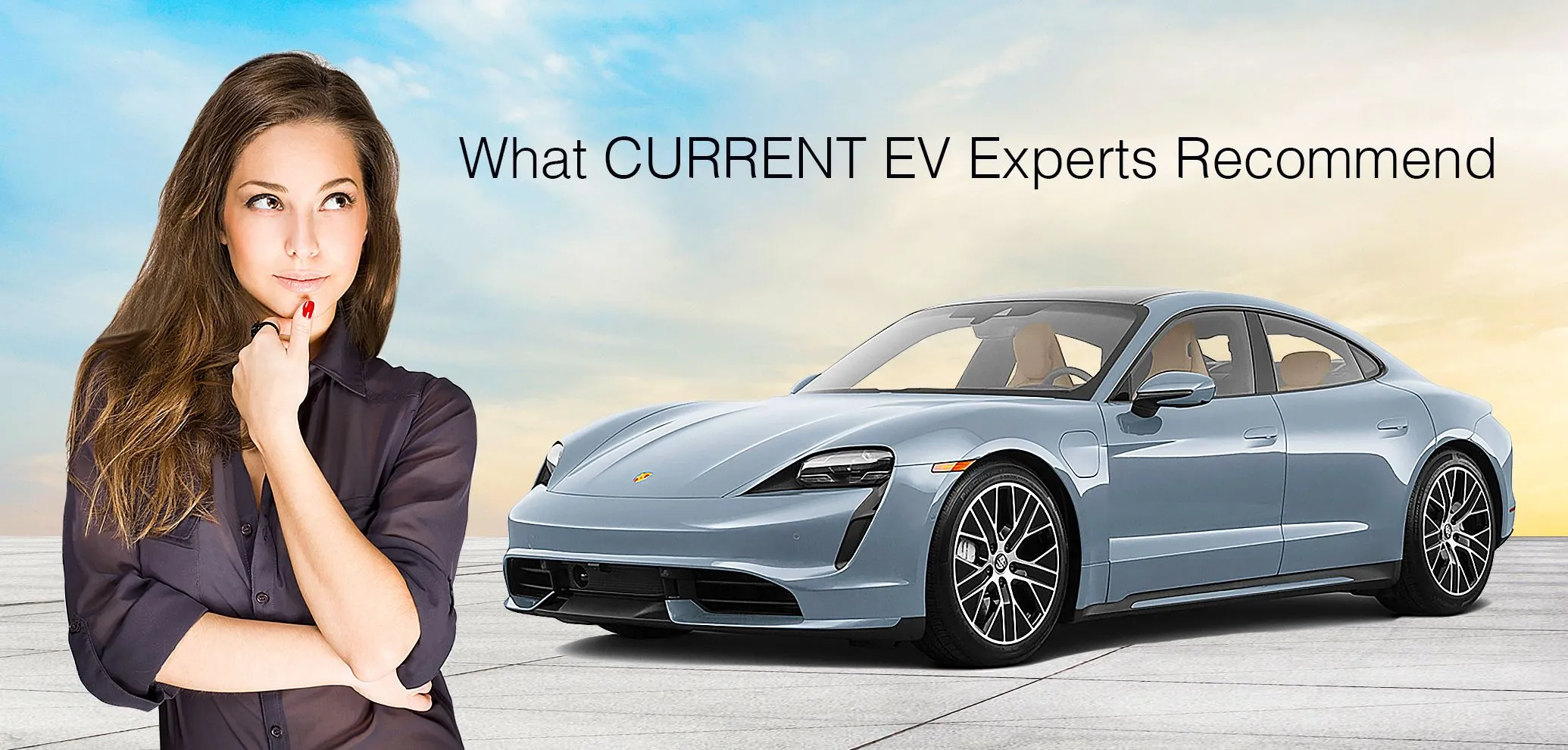Purchase Or Lease

When you’ve decided to get an electric vehicle, you might be asking yourself whether you should purchase or lease. Each option has its own set of pros and cons. Depending on your budget and lifestyle, one may be better for you than the other.
DO YOU GET THE SAME REBATES IF YOU LEASE OR PURCHASE?
The short answer is yes. You can get up to $7,500 in federal tax credits depending on the type of electric vehicle or plug-in hybrid you purchase. In addition, you may also qualify for up to $7,000 in rebates from the California Vehicle Rebate program for qualified low-income individuals. It may be more advantageous to lease a vehicle if your expected income tax is too low to use the federal tax credit, as the credit can be passed onto the dealer who may indirectly offer a lower lease price to you.
IMPROVING TECHNOLOGY
As technology rapidly improves, leasing has become a popular and cost-effective method of driving electric. By leasing a car, you can upgrade to a newer model with better technology, such as longer range and improved battery capacity, more easily by switching vehicles after each lease. Leasing also helps protect against battery capacity loss since you can switch to a new vehicle after each lease. In addition, you can protect yourself against unknown or low resale value for used vehicles.
MILEAGE
Leases tend to have restrictions on the mileage of your car. If you plan on driving your electric vehicle more than 20,000 miles a year, it may be better to purchase to avoid excess mileage fees.
CREDIT SCORE
If you have a higher credit score, dealers will give you better offers on leases of electric vehicles and hybrids.
DO CURRENT EV CUSTOMERS LEASE OR BUY?
The majority of our clients lease their cars. The main reason is to take advantage of quickly improving technology and battery range. The same model of EV that you lease today may have better range, better technology, and new features by the end of your lease. Knowing this, many EV drivers decide to lease for 36 months, then trade up to the next generation.
AUTOMAKERS AND DEALERS NEED TO SELL LOTS OF EVS TO MEET NEW STATE AND FEDERAL REQUIREMENTS
Dealerships offer a wide variety of EV leasing and purchasing plans. CURRENT EV keeps an inside track on the arrangements being offered and can let you know what all the options are.
THE REASONING FOR BOTH OPTIONS
The list below provides the best reasons for purchasing or leasing an electric vehicle:
Purchase
- Up to $7500 Federal Tax Credit to buyer
- $1000 to $2000 California State Rebate
- Eligible for HOV stickers
- Cost to own per year is equal to a 3 year lease — break-even is at 7.5 years at appox $3000/yr
- You own the car and have an asset once you have finished paying for it
- If you drive more than 12,000 miles per year you don't need to worry about excess mileage fees
- Batteries are usually warranted for a minimum of 8 years
Lease
- Up to $7500 Federal Tax Credit to dealer (who may lower the price of the vehicle on which they base the lease)
- $1000 to $2000 California State Rebate
- Eligible for HOV stickers
- After 3 year lease is up, you can take advantage of greater battery range and other tech improvements that have occurred over 3 years
- Protected against major battery loss since you turn the car in at the end of the lease
- Protected against unknown or low resale value for used EVs
- Lower monthly payments compared to financing a purchase
- Batteries are usually warranted for a minimum of 8 years
WHAT CURRENT EV EXPERTS RECOMMEND
When we discuss the options with our clients, the majority decide to lease. A CURRENT EV advisor will analyze your budget and lifestyle needs, lay out the pros and cons of leasing and purchasing, and offer insights concerning your best choices.





